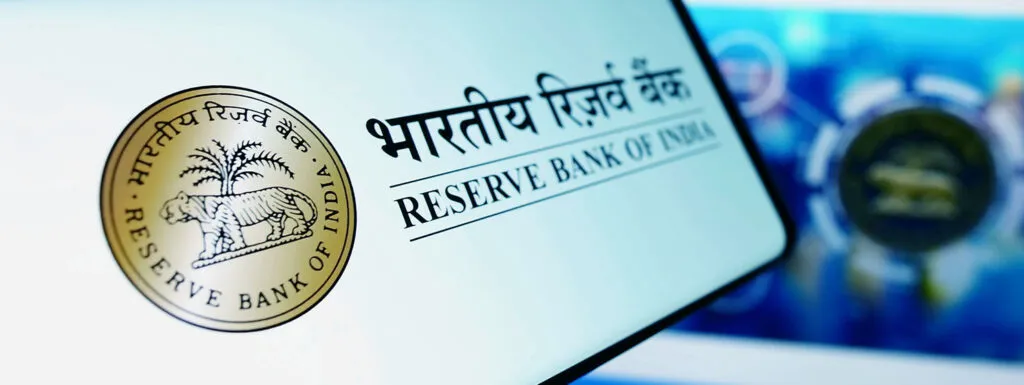
Cross-border Payments
Africa’s cross-border market to hit $1T by 2035: report
The report revealed that Africans paid $5 billion in extra costs in 2024 due to poor liquidity and double currency...
Coins.ph, Pays0 partner to offer direct PHP-to-crypto services
Coins.ph and Pays0's partnership will not only help make remittance processes more efficient but also promote financial inclusivity within the...
Ghana, Rwanda, Singapore launch cross-border payments scheme
Unveiled at a recent event in Ghana, the Next-Gen Digital Payment Infrastructure project is designed to overhaul existing pan-African cross-border...
Tokenization of cards witnessing large-scale adoption in India: RBI
The Reserve Bank of India's Payment System Report pointed out that tokenization involves replacing card details with a unique code...
Thailand’s first stablecoin, UAE’s DAO regulations
Elsewhere, Singapore’s largest bank, DBS, has launched real-time blockchain payment settlements powered by smart contracts on its permissioned blockchain.
Russia: New law greenlights digital assets use for cross-border payments
The provisions of the newly minted law reveal that only tokenized assets issued by the Bank of Russia are authorized...
Recent
Trending
Most Views

 07-08-2025
07-08-2025 





























